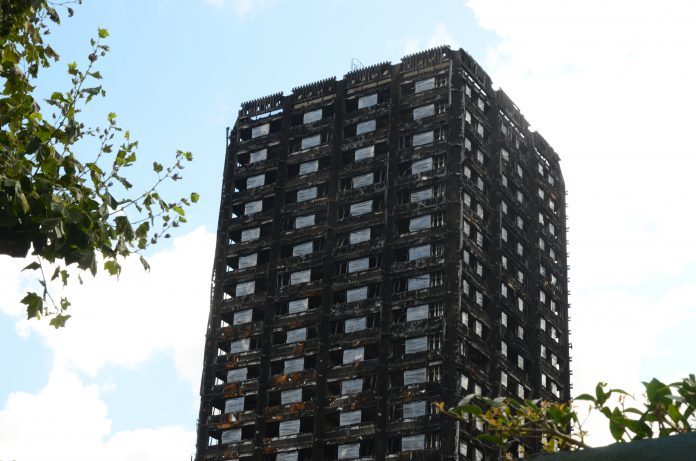Sir Martin Moore-Bick’s Phase One report, published on 30th October 2019, begins to recommend changes to many aspects for housing providers, following the Grenfell disaster
While Phase Two of the report, scheduled for early 2020, is likely to have more relevance for the sector, the fact that there has already been some focus and recommendations in this initial phase shows the work and likely comprehensive review that the sector will have to undertake in 2020.
Indeed, Birmingham City Council, which has 10% of the country’s publicly owned high-rise blocks, has already warned that the £93 million that it will have to spend on the fire safety measures recommended within this and the Hackitt report, will mean that it is forced to cut back on basic repairs and maintenance. Local authorities and others in the housing sector will be struggling to implement further changes alongside day-to-day repair and maintenance across the country. A recent FOI request[1] highlighted that one council in England still had 651 overdue fire assessments, a staggering figure considering the urgency now placed on councils since Grenfell.
The Phase One report shows that the two main areas of focus for the housing sector should be lifts, and the need for a working ‘take-control’ mechanism for the Fire Brigade, and fire doors, where Moore-Bick has recommended urgent inspections and three-monthly checks going forwards to ensure that they are always up to standard. The Government has committed to implementing the recommendations in full and without delay and so local authorities and those in the housing sector need to start acting now.
Chris Proctor, CEO at Oneserve commented: “This Phase One report, although not focusing specifically on the building, maintenance and repair aspects of the Grenfell disaster, has already thrown up real areas of concern that the housing sector must act upon.
“Whilst the Government has already expressed its commitment to implementing all recommendations, waiting for them to bring in legislation in order to act would be a mistake. Housing providers really must act now to put together a comprehensive plan on how they are going to carry out the recommended inspections and assessments, pre-empting the Phase Two recommendations, as well as how this is going to fit in with their day-to-day maintenance and repair jobs.
“With tenants more aware of their rights than ever before, and the housing sector firmly in the public eye, the sector cannot afford to get this wrong. Perhaps now more than ever before housing providers should look to explore technology solutions to support them in managing and evidencing their compliance responsibilities.
“What is ultimately clear is that we all need to be proactive in our approach to the reports and investigations, ensuring the safety of tenants, and the reputation of our industry,” concluded Proctor.
[1] Oneserve 2019 FOI request











